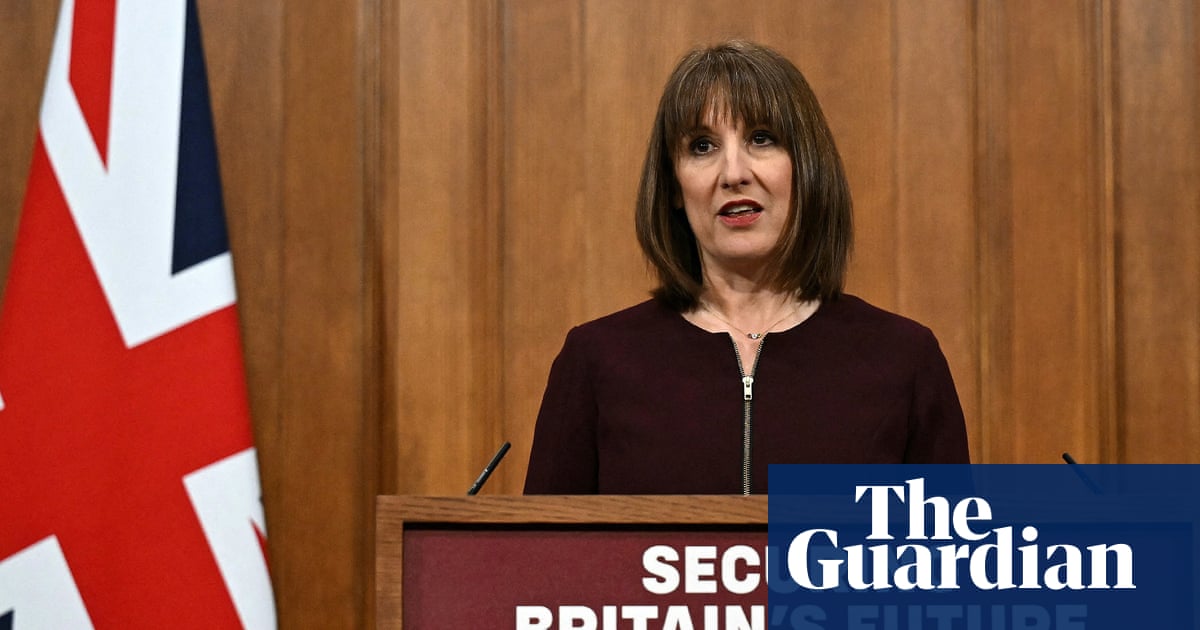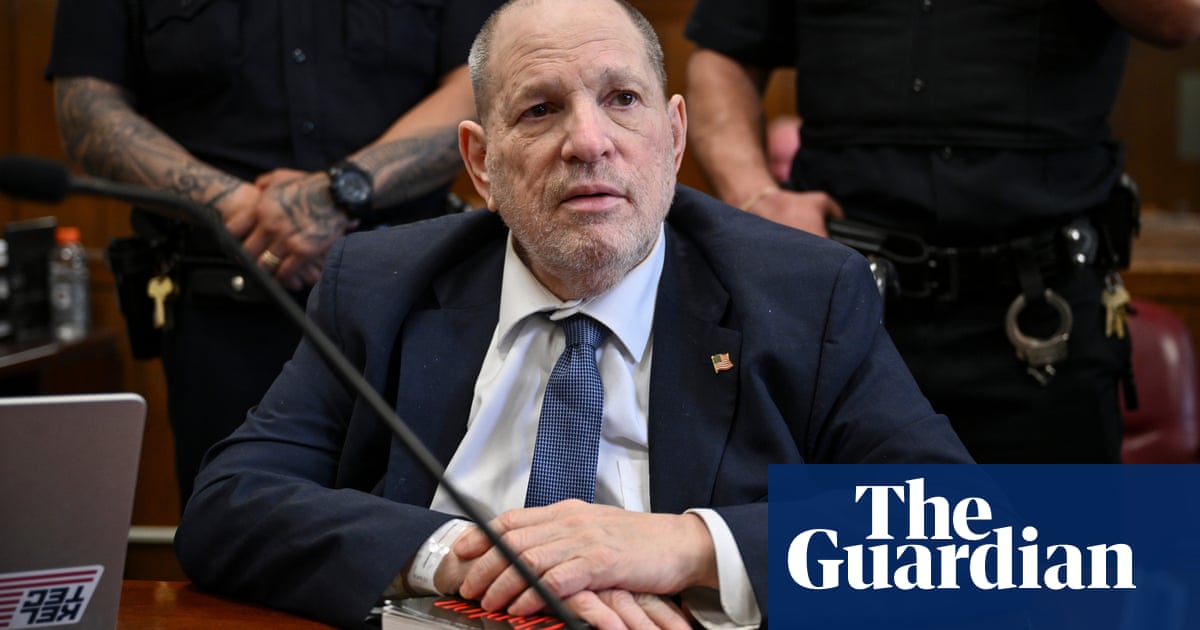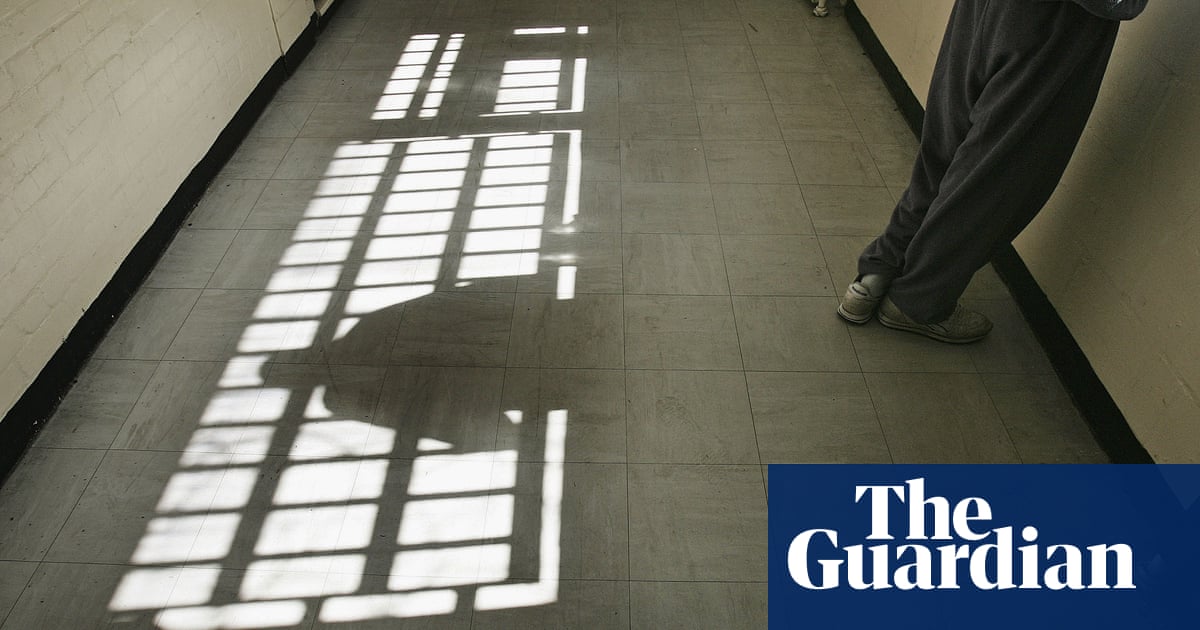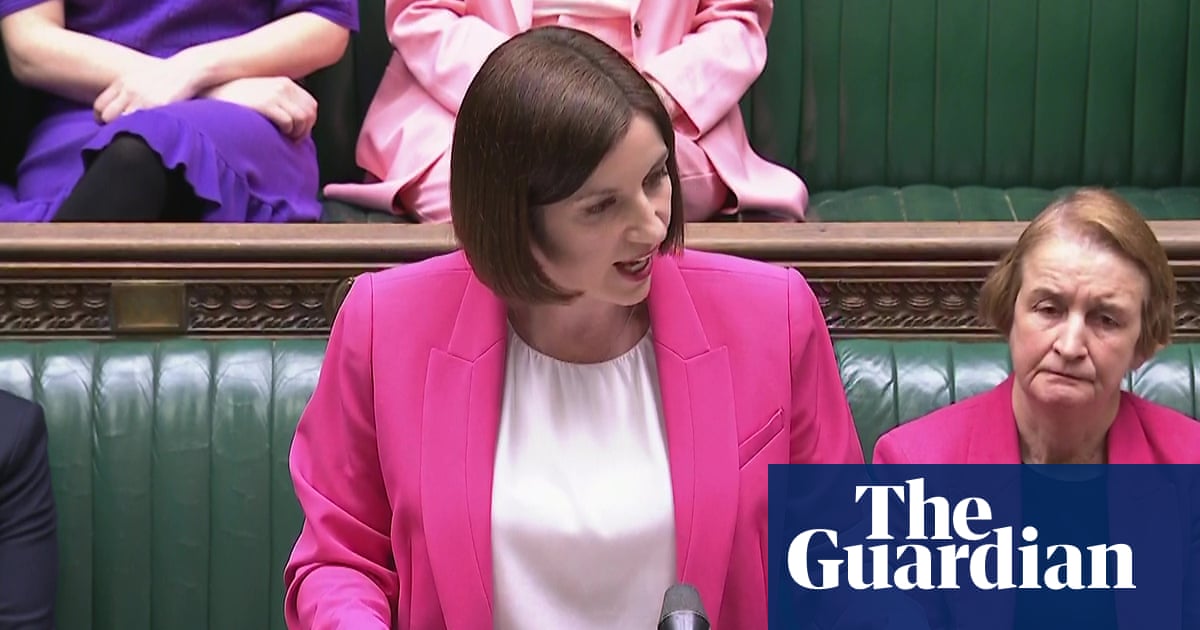Education secretary Bridget Phillipson has launched a charm offensive to win over critics of her new education bill, after warnings that it would be “catastrophic” for disadvantaged children and could reverse more than a decade of progress in England’s schools.
The government has tried to show it is listening by calling in trust leaders to hear their concerns. On Tuesday, following an outcry from the sector, the government tabled an amendment clarifying its intention to set a minimum pay standard for academy teachers, not a pay cap, as feared.
But with the Conservatives leading the attack, is the row just ideological politicking, or are there genuine concerns the government will have to address with further changes?
The bill
When the children’s wellbeing and schools bill was introduced in parliament in December, much of the immediate focus fell on the parts of the legislation that address safeguarding and children’s social care.
It was published in the immediate aftermath of the Sara Sharif trial, during which her father and stepmother were convicted of murdering the 10-year-old four months after she was taken out of school to be educated at home.
The bill offered a timely response with plans to introduce local authority registers to identify and keep track of children not in school, while parents seeking to educate their child at home will face greater scrutiny under the new legislation.
In the weeks that followed, however, the second part of the bill, which proposes a series of reforms to the school system, has become the focus of criticism.
The proposals causing controversy
The proposals drawing the most criticism are those that will curb academy freedoms established under the last government, which trust leaders say have allowed them to innovate and turn around failing schools.
These include a requirement for new teachers to have qualified teacher status, or be working towards it. Academies will be required to follow the national curriculum, which is the subject of a wide-ranging review.
There is concern, too, from the academy sector that councils will be given too much power over school admissions under the new proposals – currently, academies have control over their admissions.
There are also widespread objections to the government’s new school improvement regime, the key to which is the proposal that failing schools run by local authorities will no longer be automatically forced to become an academy.
Criticism in parliament
The Conservatives have identified the schools element of the bill as a key area for political attack, with Conservative leader Kemi Badenoch using all her time at last week’s prime minister’s questions to push Keir Starmer over the changes, describing his government’s plans as “an act of vandalism”.
This continued on Monday at education questions. Laura Trott, the shadow education secretary, attacked what she called the “disastrous academy proposals” in the bill, while another Tory, Nick Timothy, raised criticism of the provisions.
Labour grandee Dame Siobhain McDonagh, MP for Mitcham and Morden, who was elected in Tony Blair’s landslide in 1997, has also expressed concern that the bill would limit the freedoms of academies and weaken standards. While there are other dissenting voices in Labour, they are a minority.
Concerns in the schools sector
Among the most high-profile critics in the sector is the children’s commissioner for England, Dame Rachel de Souza, a former headteacher who co-founded the Inspiration multi-academy trust. She accused ministers of “legislating against the things we know work in schools”, and warned children could end up spending longer in failing schools “by slowing down the pace of school improvement”.
Katharine Birbalsingh, who set up Michaela community school under the government’s free school programme, said the changes would “destroy the huge gains made over the last decade and a half in helping disadvantaged children across England”.
The views of other leaders in the sector are less apocalyptic. Many are disappointed the bill lacks the vision for education they had hoped for from Labour, but welcome the proposals as “kind, inclusive and fair,” addressing many of the concerns head teachers have complained about for years.
“I think that the academies sector has been glass half empty, not half full about all of this. I feel much more positive about it than some do,” said Steve Chalke, founder of the Oasis Charitable Trust, which runs 54 academies.
The chief executive of another major multi-academy trust said they were broadly supportive of many of the bill’s aims but described it as a “rag bag” of different measures that were “solutions looking for a problem”.
“It’s not so much the individual aspects of the bill. It’s ill thought through and it should have been preceded by a white paper. The real problem is, where’s the vision from government? You’re the bosses now, you have to talk to everyone, you have to engage and you have to have some sense of what you are driving towards.”
The chief executive was among those who attended a meeting with Phillipson last Friday. “All the CEOs I know were hugely enthused about the new government and everybody wants it to work. Some of the aggro at the moment is disappointment that they haven’t been consulted.”
Other chief executives who spoke to the Guardian highlighted their concerns at the provisions around pay and conditions, the changes around school improvement, and the emerging conflicts of interests between local authorities over admissions and pupil numbers.
What next for the government?
The government is “alive to the fact” that there has been a lack of clarity over some parts of the bill, and will be keen to reassure bruised academy leaders of how important good trusts are to the delivery of high standards and improvement.
It will insist however there is room for improvement, pointing out that under the current system, a third of children leave primary school without fundamental reading, writing and maths skills, the gap between disadvantaged children and their wealthier peers has widened and more than one in five children are missing a day of school each fortnight.
It will say that more than 800 academies have been judged “inadequate”, 39 schools awaiting conversion to academies have been trapped in the process for more than a year and 598 mainstream schools received two or more consecutive ratings of “requires improvement” from Ofsted.

.png) 2 months ago
25
2 months ago
25













































